Bus drivers warn of fatigue and poor conditions
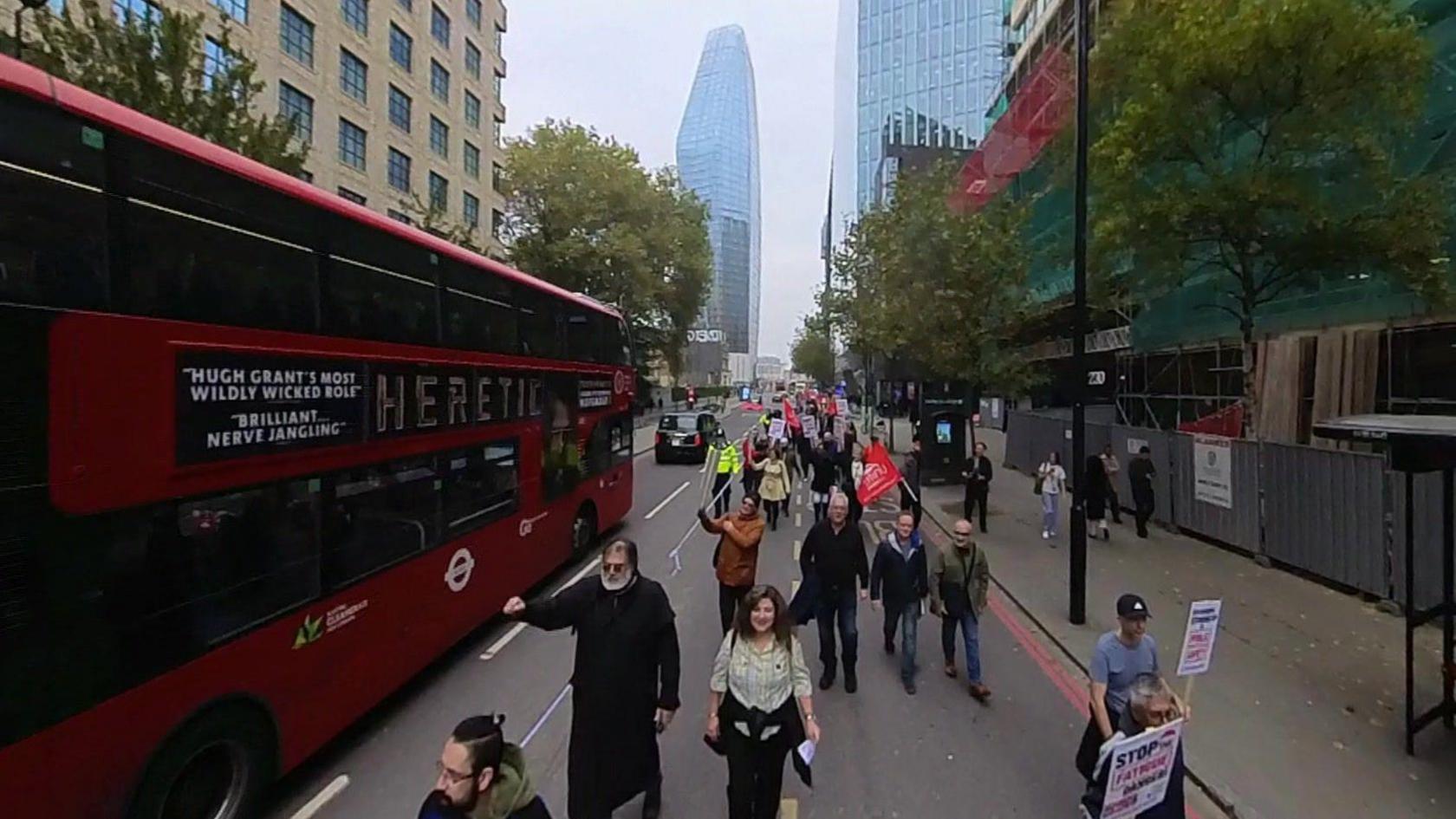
Drivers marched through London to highlight their concerns
- Published
Lorraine Robertson was a London bus driver for 17 years before she gave it up, as it was becoming "harder and harder" and she felt it unsafe.
The buses were becoming more crowded, the breaks insufficient, and the conditions uncomfortable.
She was one of the current and former drivers who marched through the capital on Tuesday to highlight their concerns. Fatigue and a lack of toilet facilities were among the problems they believe need tackling.
Transport for London (TfL) has said it takes drivers welfare seriously and it is working on a range of measures to improve working conditions, health and wellbeing.
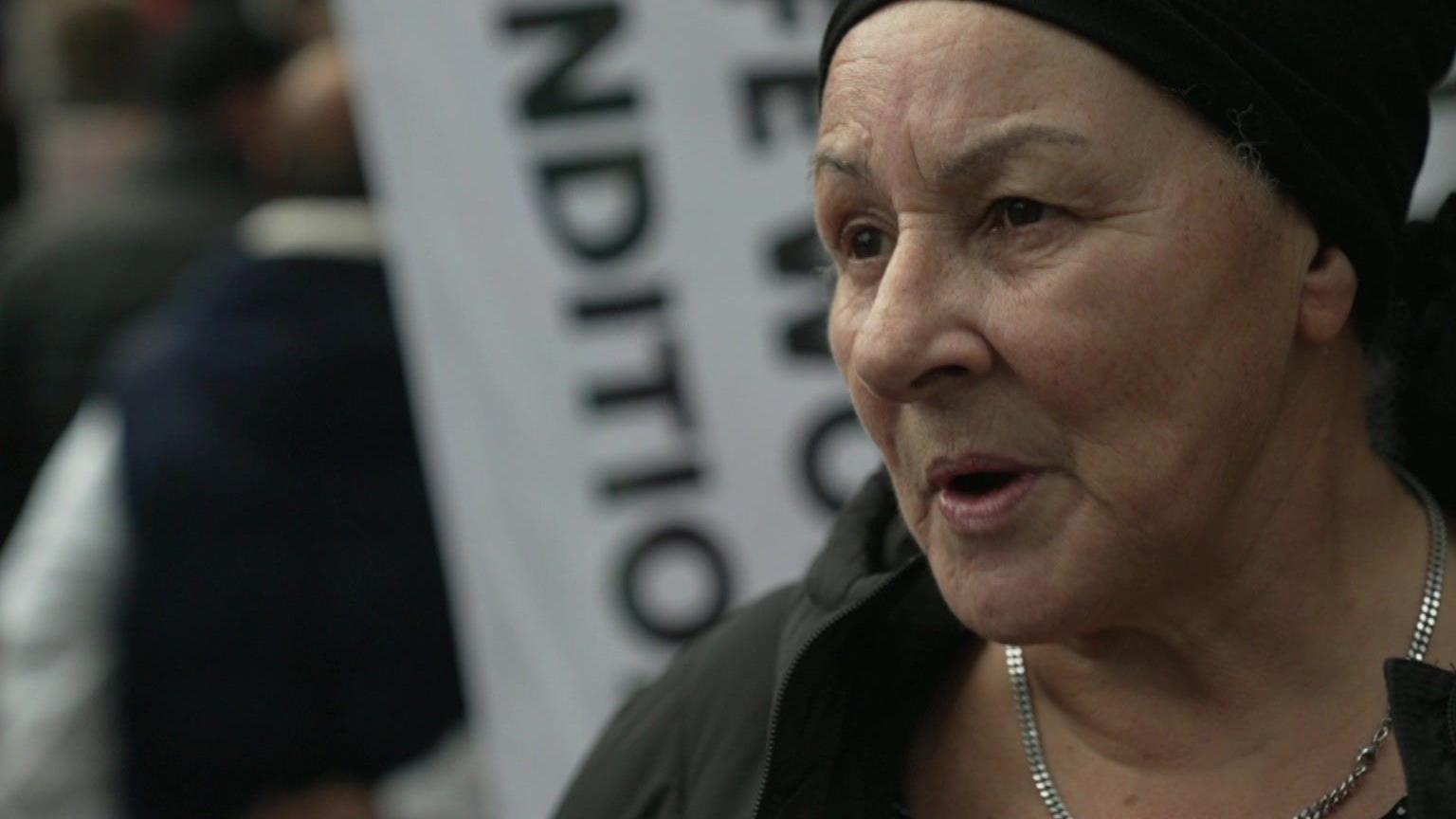
Lorraine Robertson said she left the job as a bus driver as conditions were getting more and more difficult
Ms Robertson said passengers, pedestrians and cyclists were making the job more difficult, and little support was coming from the bus companies.
"The buses are getting more and more packed, it's unsafe conditions - the passengers don't care. The cabs are freezing in the winter and too hot in the summer. Where's it all going to end?
"If you do a12-hour shift and you get a 40-minute break, in that 40 minutes, you've got to leave your bus, find somewhere to go, go to the toilet, wash your hands and have something to eat.
"Then you do a 12-hour shift - you get to the other end of the route, and what used to be called recovery time, now they call it stand time, used to be 10 to 15 minutes. Now it's lucky to get five minutes. Some stand times have been cut to three minutes. It's no time at all.
"It's just too stressful. You go home and you're tired. Driving is tiring mentally. Your passengers are your priority. We have to make sure that they are safe. I think people need to be more aware and be kinder to us."
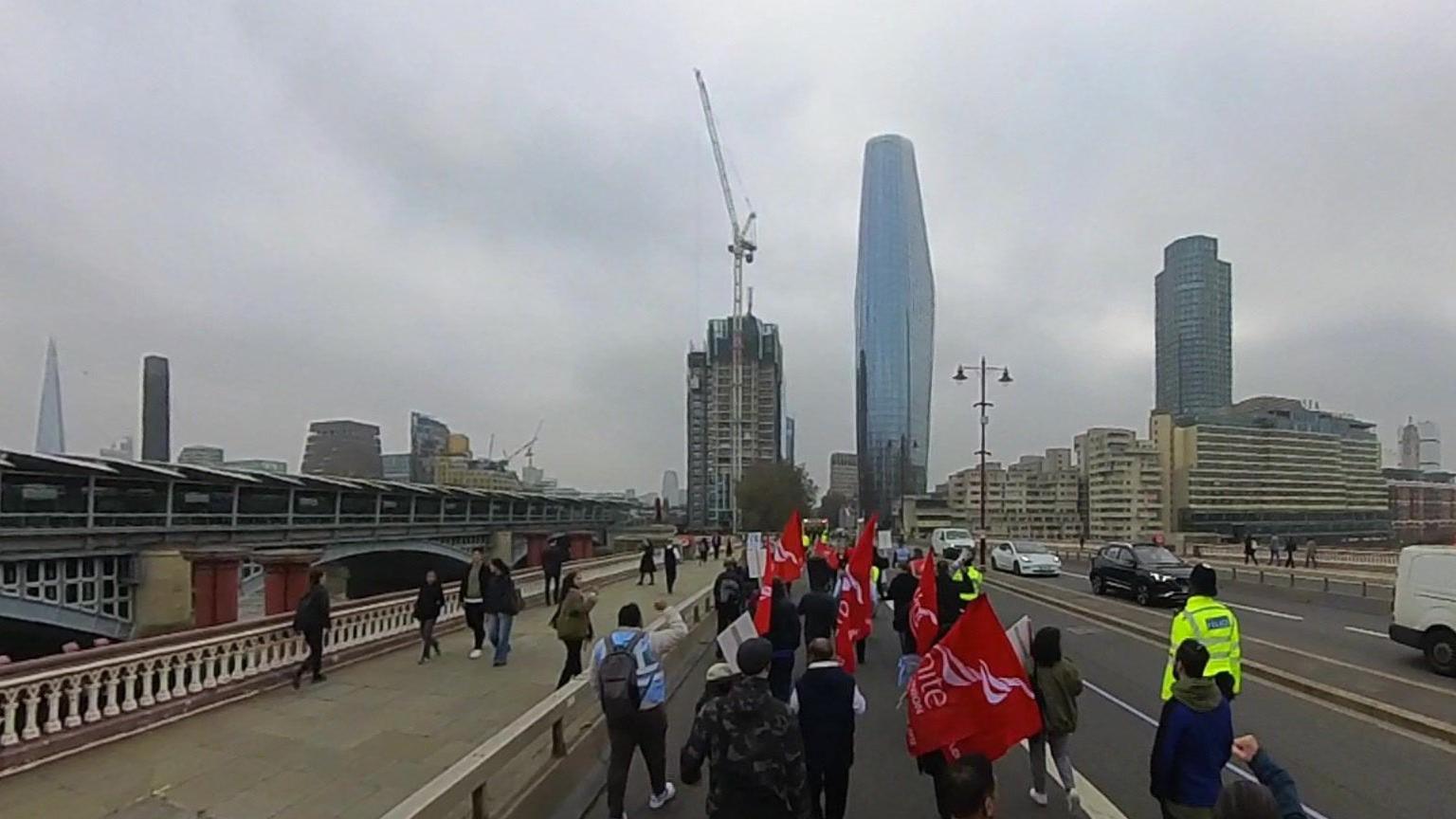
Some of the marchers bore placards and union flags
Ms Robertson is just one of those calling for better conditions.
Since 2014, 80 people have died in collisions involving buses.
Their families - including that of Kathleen Finnegan who died at Victoria Bus Station - recently said changes needed to be made.
"We want to see how they investigate these incidents and we want to see if the bus contracts are having an indirect impact on safety," they said.
TfL previously said safety was its "utmost priority" and it was "committed to learning from every collision as part of our Vision Zero goal to eliminate death and serious injury on the network".
Listen to the best of BBC Radio London on Sounds and follow BBC London on Facebook, external, X, external and Instagram, external. Send your story ideas to hello.bbclondon@bbc.co.uk, external
Related topics
- Published1 September 2024
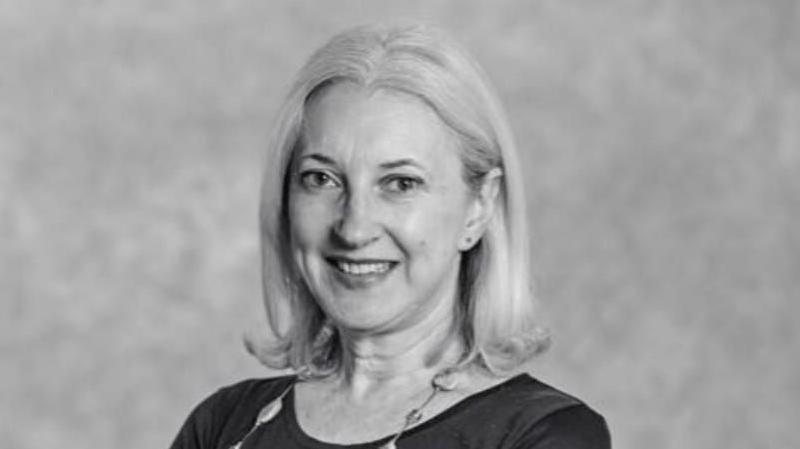
- Published6 September 2023
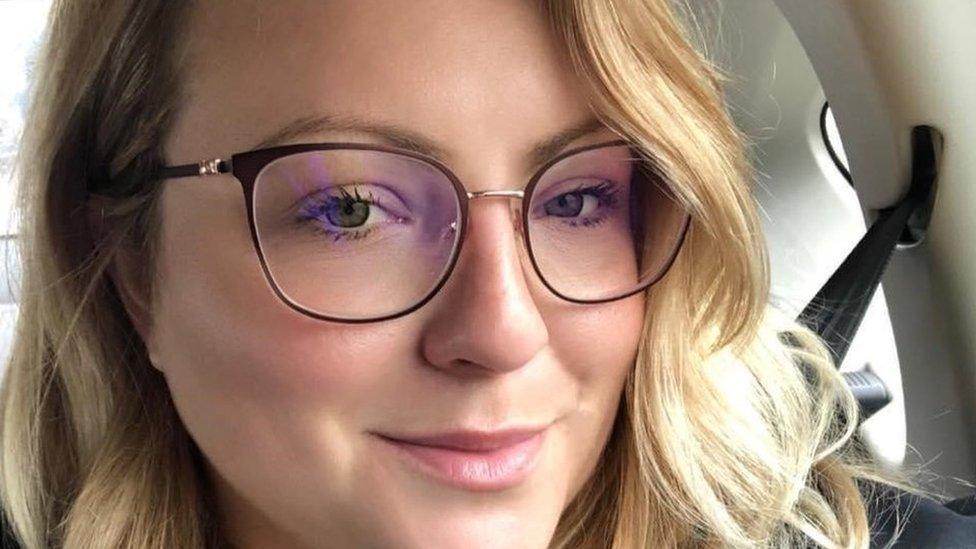
- Published15 August 2024
